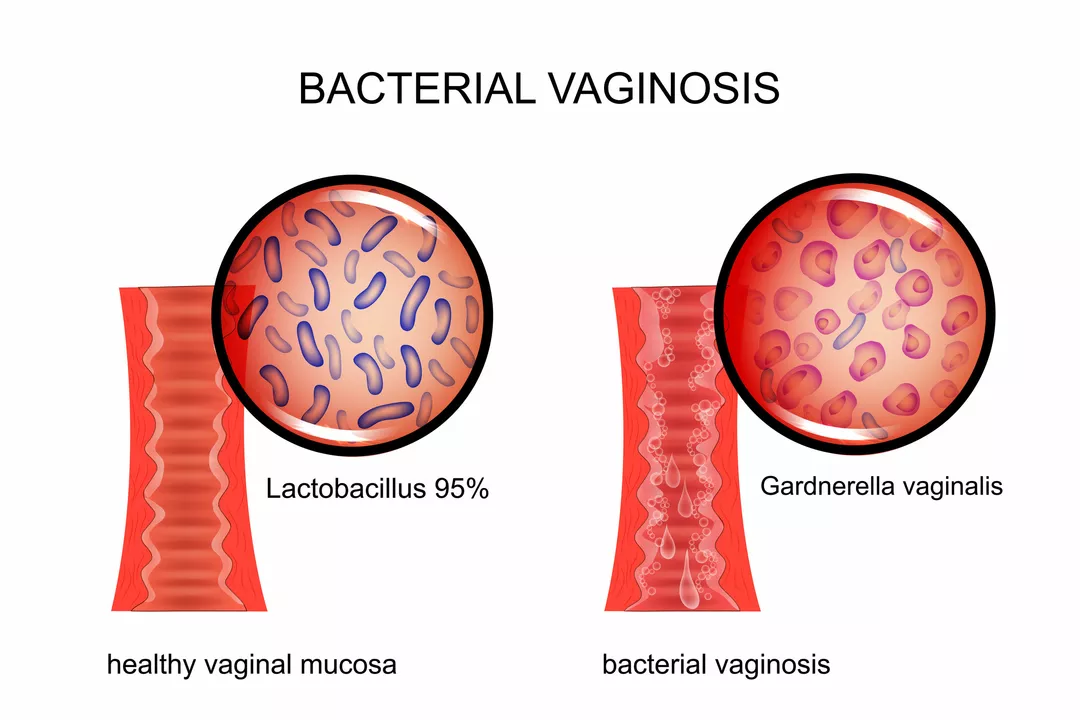Bacterial Vaginosis – What You Need to Know
If you’ve ever noticed a weird smell or unusual discharge, you might wonder if it’s just a normal thing or something more. That’s where bacterial vaginosis (BV) comes in. It’s the most common vaginal imbalance for women of all ages and usually isn’t serious, but it can be uncomfortable and sometimes lead to other problems.
Common Signs and Symptoms
The biggest clues are a thin, grayish‑white discharge and a fishy odor that gets stronger after sex or during your period. Some women feel itching or burning, while others notice nothing at all—BV can be sneaky. If you’ve had these signs more than once, it’s worth getting checked.
Why does BV happen? Your vagina naturally hosts good and bad bacteria. When the balance tips toward the harmful types (especially Gardnerella), the protective lactobacilli drop, and that’s when symptoms appear. Things like douching, new or multiple partners, smoking, and using tight clothing can tip the scales.
How to Treat Bacterial Vaginosis
The good news is BV usually clears up with a short course of antibiotics. Doctors often prescribe metronidazole tablets or gels, and sometimes clindamycin. It’s important to finish the whole prescription, even if you feel better early on, to avoid a comeback.
While the meds do most of the work, there are extra steps that can help keep things balanced:
- Avoid douching or using scented soaps inside the vagina—these mess with good bacteria.
- Wear cotton underwear and breathable fabrics to let the area stay dry.
- If you’re on antibiotics, probiotic supplements containing lactobacillus can boost the healthy side.
- Limit alcohol while taking metronidazole; mixing them causes nasty reactions.
If symptoms linger after treatment, go back to your doctor. Sometimes a second round or a different drug is needed. Also, treat any sexual partners if they’re showing signs—this lowers the chance you’ll get it again.
Prevention is all about keeping the natural balance steady. Stick to gentle, unscented hygiene products, change out of wet clothes quickly after swimming or exercising, and consider using condoms if you have new partners. Smoking cessation also helps because nicotine can disrupt vaginal flora.
Bottom line: bacterial vaginosis isn’t a life‑threatening condition, but it’s annoying enough to deserve quick action. Recognize the signs, get proper treatment, and follow simple daily habits to keep your vaginal health in check. If you ever feel unsure, a short visit to your healthcare provider can clear things up fast.
As a woman, I know the importance of maintaining a healthy vagina to prevent bacterial vaginosis. One crucial tip is to practice good hygiene, like wiping front to back and using mild, unscented soap. Another is to avoid douching, as it can disrupt the natural balance of good bacteria. Wearing breathable cotton underwear and changing them regularly can also help maintain a healthy environment down there. Lastly, having safe sex and getting regular check-ups will also contribute to overall vaginal health.
May, 27 2023

